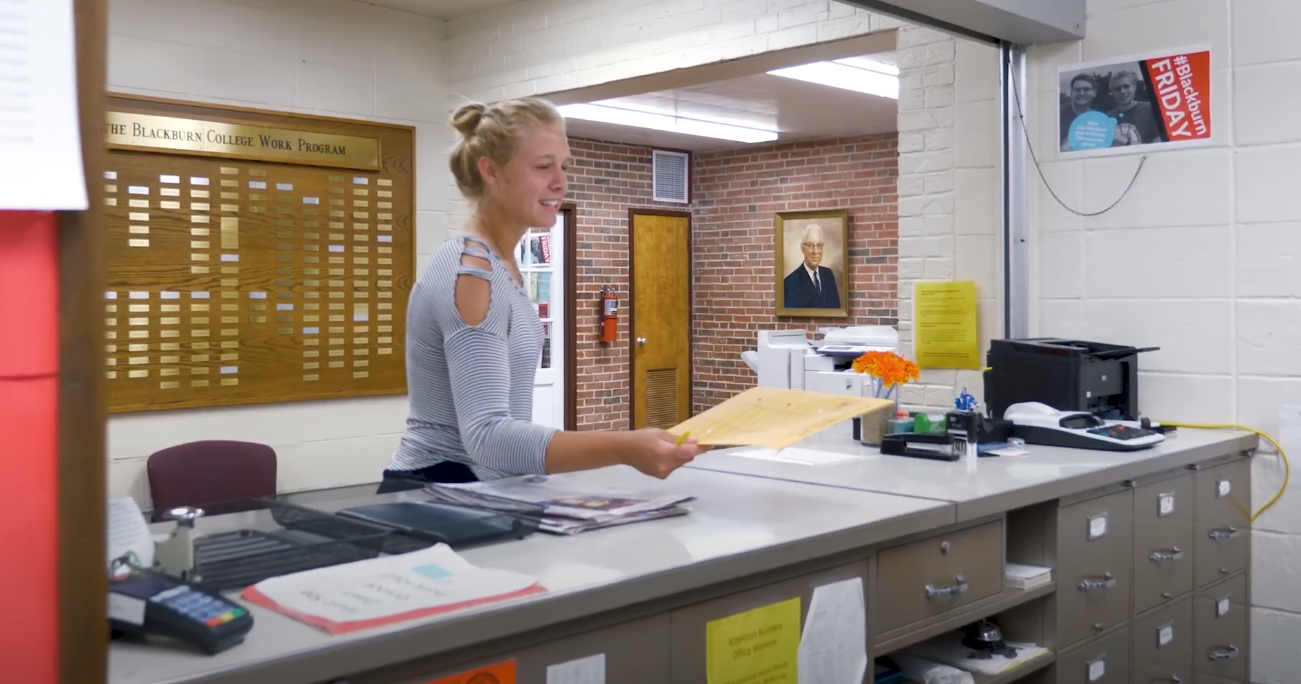Our math program helps prepare our math and math education majors. The program focuses on instruction in pure and applied mathematics which includes some mathematical specializations.
If you enjoy the challenge of solving problems, and get genuine satisfaction when you find a correct solution, then the Blackburn College math program can help you develop those interests and skills. Of course, math teachers are in high demand, but many other employers are also looking to hire people with good analytical, computational, and problem solving skills.
What You Will Learn
Students will take several courses including, but not limited to, real and complex analysis, geometry, algebra, calculus, and in addition, may take other mathematical specializations including operations research, mathematics of finance, calculus-based statistics, and ordinary differential equations.
Enhance Your Experience
A major in mathematics at Blackburn plays a unique role in understanding fields including but not limited to, computer technology, finance, actuarial science, business, economics, data science, data analytics, biology, and medicine. It also uniquely helps develop your critical thinking, analytical thinking, logical reasoning, computational, and creative problem-solving skills which are very important skills for several jobs including those indirectly related to mathematics.
Students may have the opportunity to attend and present at a mathematics conference such as the Illinois Section of the Mathematical Association of America.
After Blackburn
When competing for jobs in business, finance, insurance, or any other field that needs a problem solver and analyst, you will have an advantage over those who don’t have the training and analytical skills you can get with a Mathematics degree.
- Bankers and Finance Professionals
- Business Analysts and Data Processors
- Math Educators
- Quality Control Professionals
- Statisticians
According to the U.S. Bureau of Labor Statistics, employment in math occupations is projected to grow 28 percent over the next decade – much faster than the average for all occupations. Growth is anticipated as businesses and government agencies continue to emphasize the use of big data, which math occupations analyze.
Available Programs
Mathematics (major, minor)
Mathematics – Finance Track (major)
Secondary Mathematics Education, Grades 9-12 (major)


